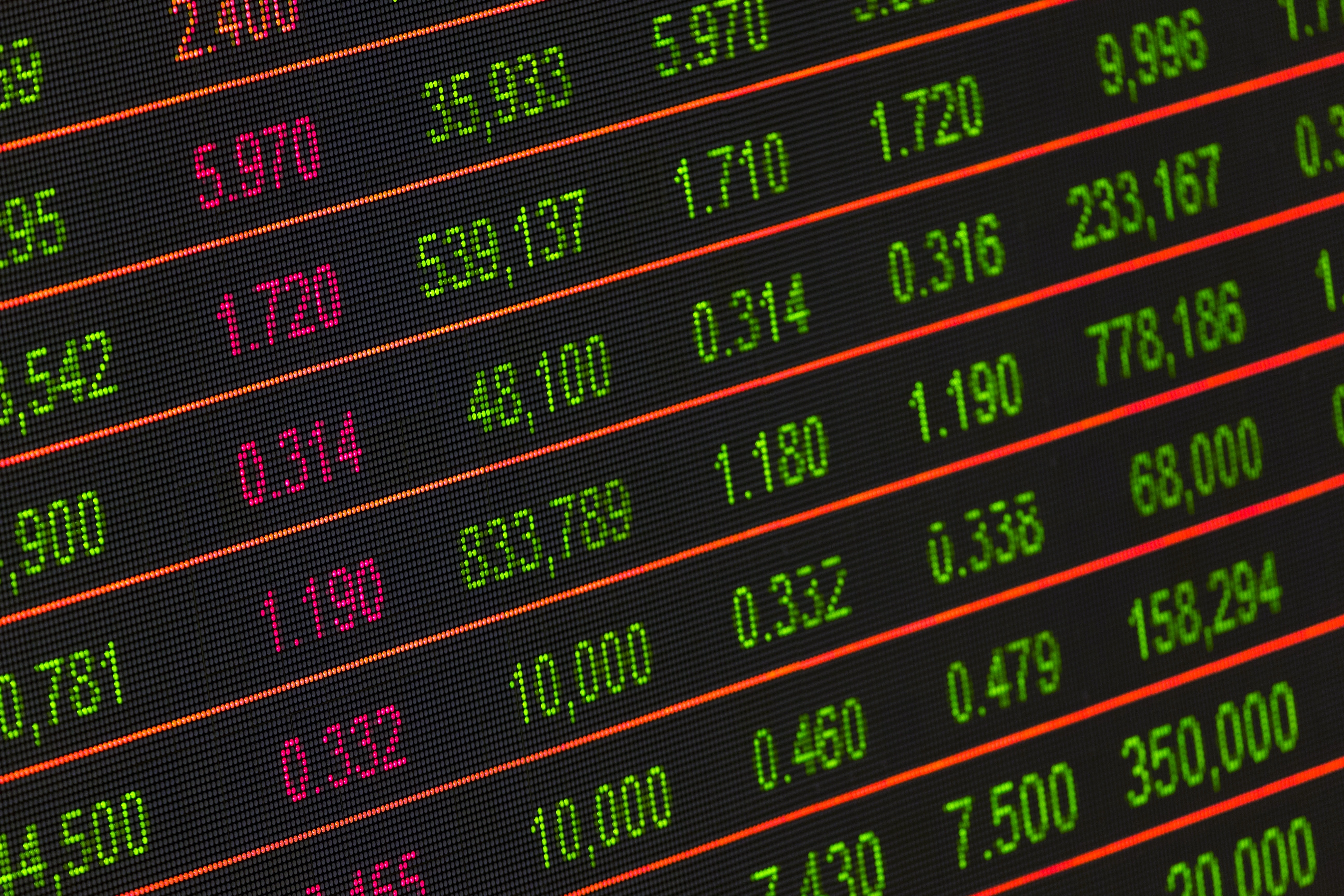
by Diego Gavagnin
In the latest published comment, we hoped for a confirmation of the European Green Deal program as a tool for relaunching the European economy on new foundations, with a reformist imprint capable of supporting the growing environmental sensitivity of citizens. The analyzes we are reading tell us that we will emerge from the current crisis with an increase in this sensitivity, not a decrease.
The EU bodies are proceeding with all the preparatory activities, but the real signal will come when the technical passages are passed to the political ones. It is clear that the temptation to start again immediately, quickly, as before, will be very strong. Above all because the European Green Deal requires new investments that will add to the huge ones necessary for the simple survival of most companies. We will also see the influence of the drop in oil prices, which will last a long time.
We have to wait and cross our fingers.
In the meantime, the Commission has launched two very important procedures for our sector. The consultation on alternative fuels and the revision of the DAFI directive, on the development of the infrastructure necessary for new energy vector.
It would be a good idea to open a public debate on the revision of the DAFI in Italy, albeit online, to analyze the results - in our opinion very partial - of the first years of application of the Italian transposition. We will return to this soon.
What is worrying, however, is the consultation on the specifics of the "alternative" quality of these fuels. Indeed, the Commission seems to want to define and promote them as if they were all alternatives to each other.
If it is understandable the need to evaluate and positively confirm their future role, shared by us, we cannot however reason as if they were already available all at the same times and with similar prices. It is not so. LNG, biomethane and bioLNGL are already largely mature, not so the "all electric" and much less hydrogen.
To say, at the end of August this year we will celebrate 10 years since the inauguration of the first Italian LNG service station, Villafalletto, Cuneo. From there Italy started, slowly, also here because of the "bureaucracy", to then gain momentum and become a leader in heavy transport to LNG already from the end of 2018 (the same "bureaucracy" that is blocking, only from us, maritime development).
In all areas of use, LNG small scale is there! It is mature, both from a technological and economic point of view. And also of industrial risks, reducing many of the initial fears. No serious accidents in western countries (security in Asia is truly another world). Certainly clashes, in Italy even a deceased, on a car that hit a LBG tanker, and also overturning a tank, without consequences.
Putting all alternative fuels on the same level is a serious mistake, because if entrepreneurs perceive them as substitutes for each other, the result is a powerful brake on investments. "Light" electric transport is close to maturity but it will still take years for it to be decidedly necessary, and will still require huge subsidies, because the market price is not and will not be comparable for long with oil derivatives.
I feel worse for the electric in heavy transport, here we are talking about several years, not a few. And then at what price? We have at least two or three renewal cycles for trucks.
Hydrogen does not only have economic problems, twice or triple compared to LNG, but still significant technological problems for widespread use, which still require scientific research, which however began as early as the 1980s. It does not escape us that hydrogen is already in use in military submarines, but here the need for silence of the engines is pursued at any price!
One thing is for sure, the relaunch of Europe with the Green Deal cannot be based only on public subsidies, market forces are needed, as we have shown here in Italy, with absolutely residual and in some cases unnecessary incentives for heavy road LNG.
The great strength of LNG is its wide availability and economic maturity in all uses, big and small scales. But it is also ripe to move from fossil to renewable, with the mixing of bioLNG and, in perspective, also of hydrogen. Furthermore, the whole sector is increasing awareness and efforts to reduce methane emissions to the least technologically possible.
We come to the price of oil. What forecasts do with respect to the LNG price? I am an optimist. The shock of these days is so serious as to cast doubt - especially in financial investors and also in the companies themselves - that focusing again on the primacy of the oil on gas has become too risky. In addition, oil is not a transparent market, conditioned by the OPEC cartel.
Companies will have to diversify, certainly in renewables, as they started to do, but above all in natural gas and LNG. It is interesting to note the appeal that came in the OPEC area to also involve LNG in the policy of cuts in oil production, which have fallen on deaf ears.
 EN
EN  it
it

